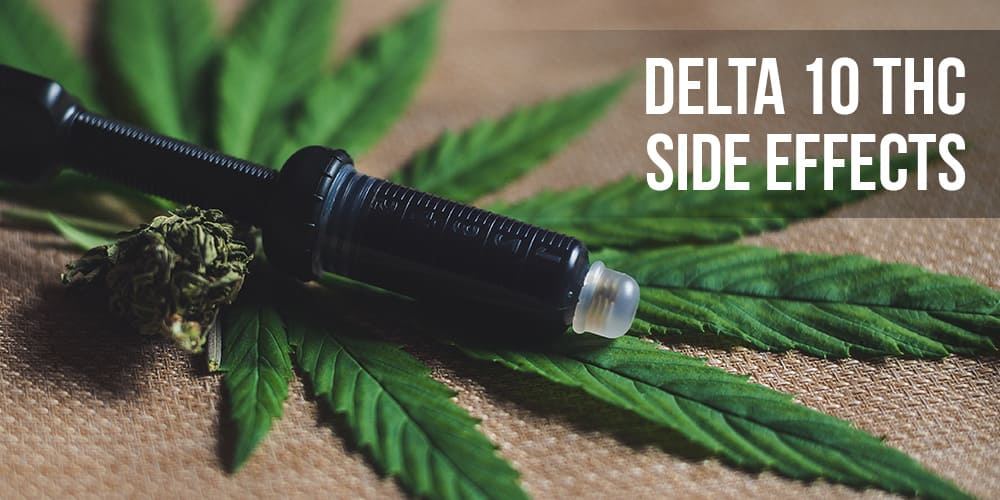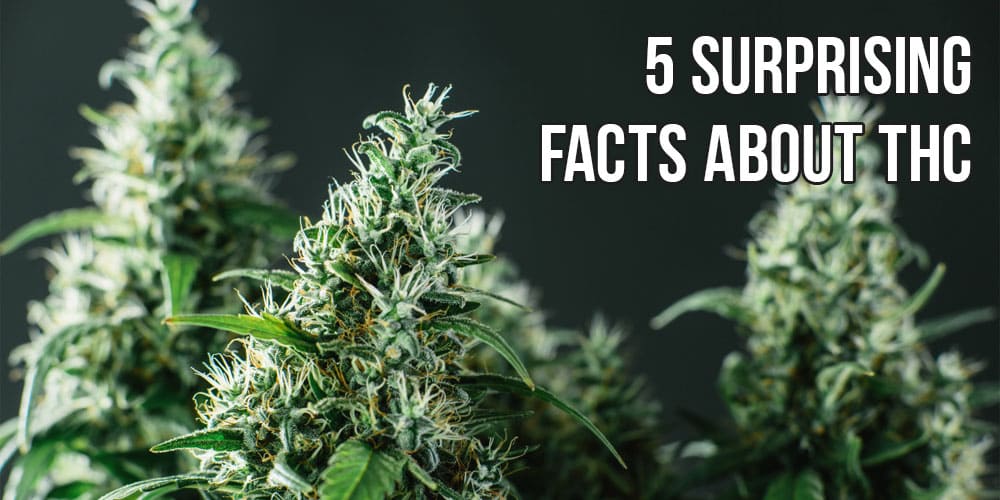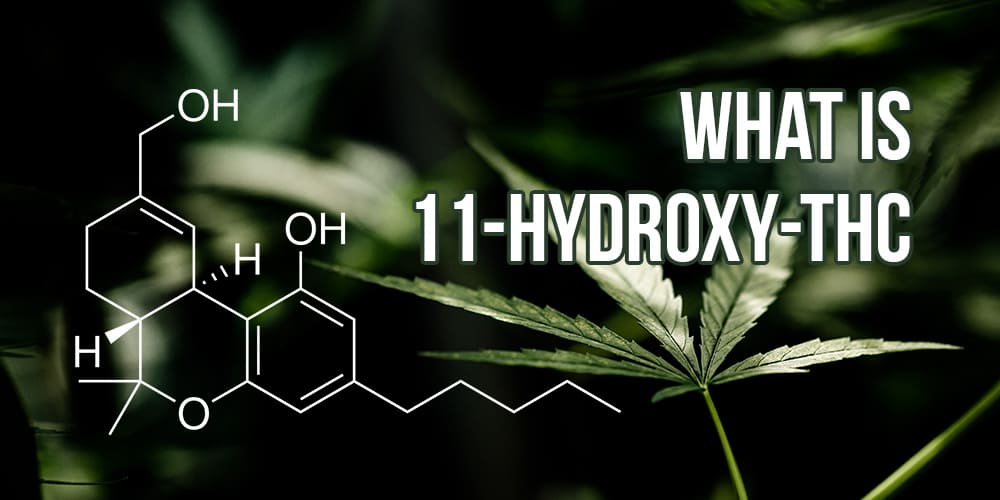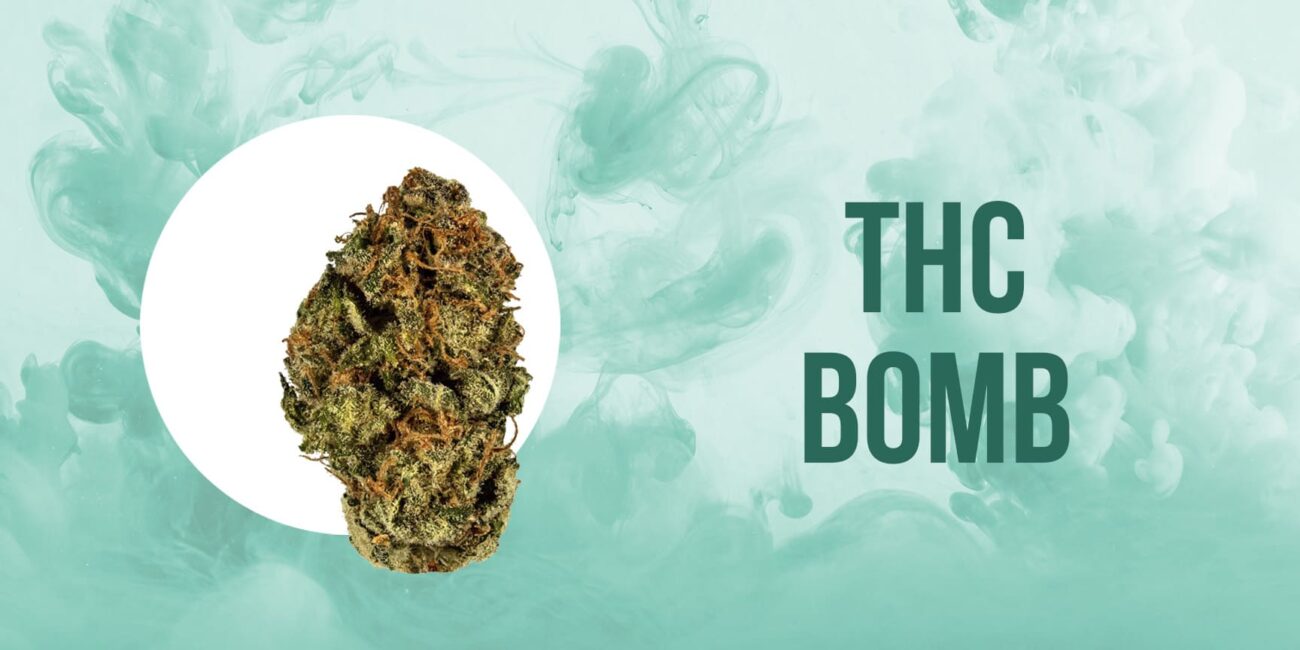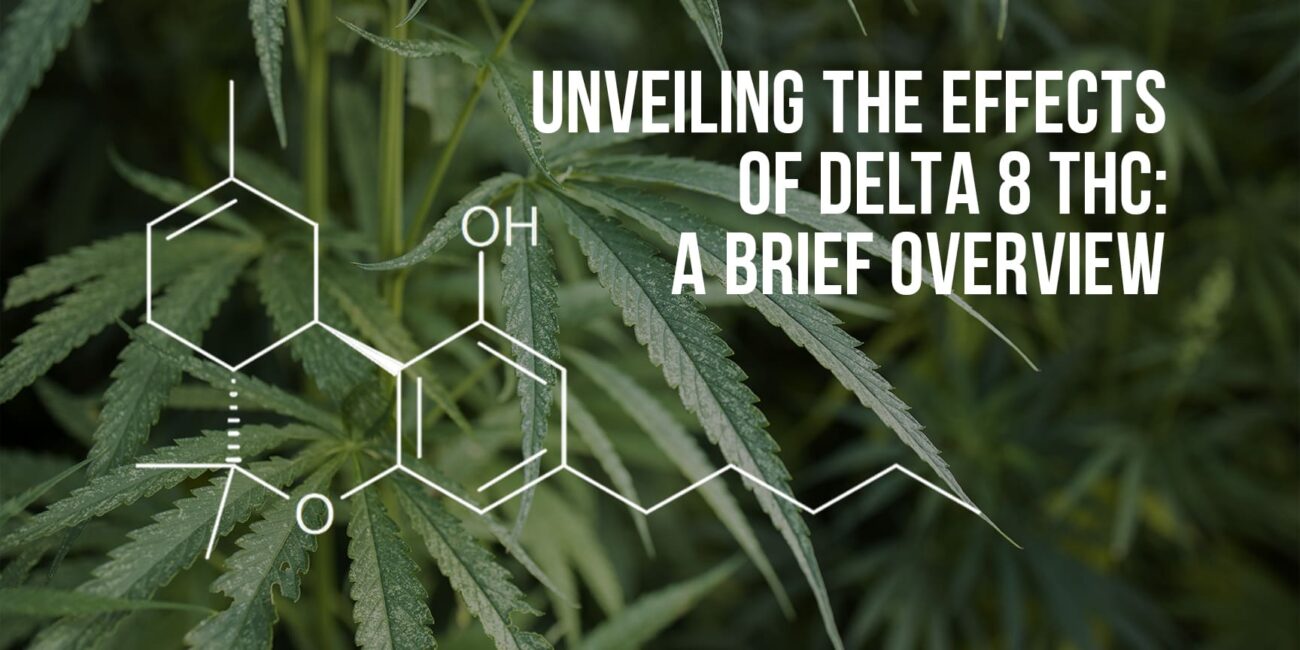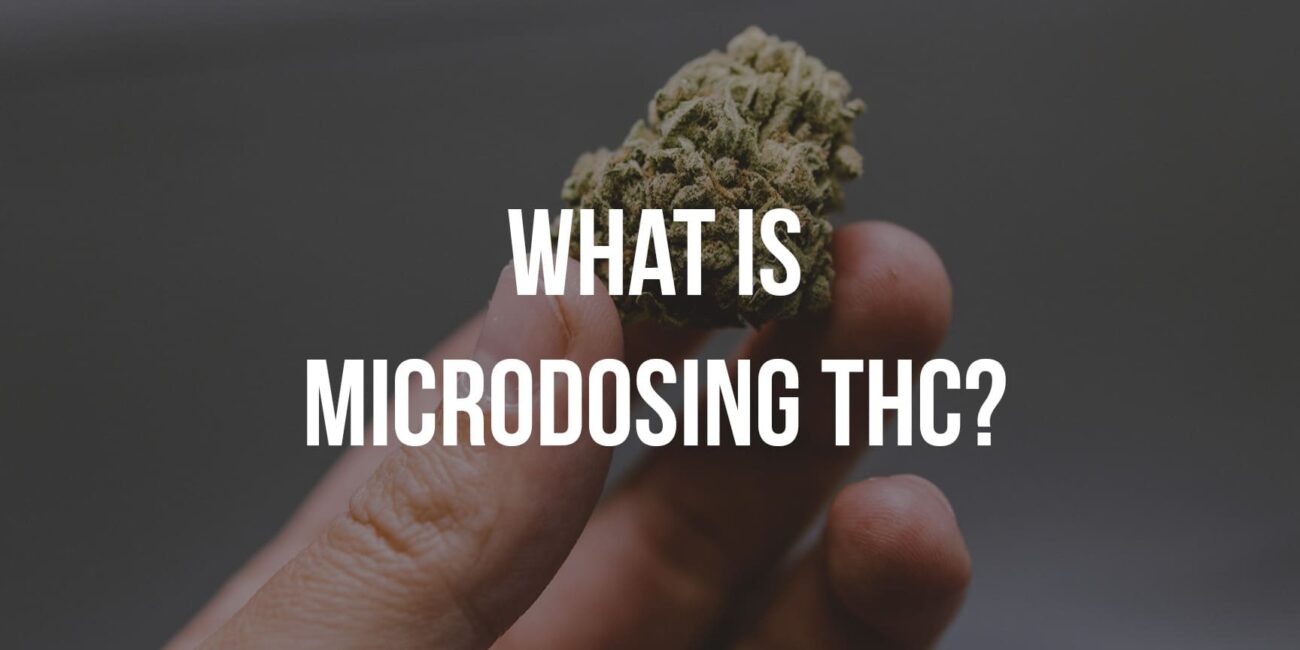CBD vs THC: Effects Difference
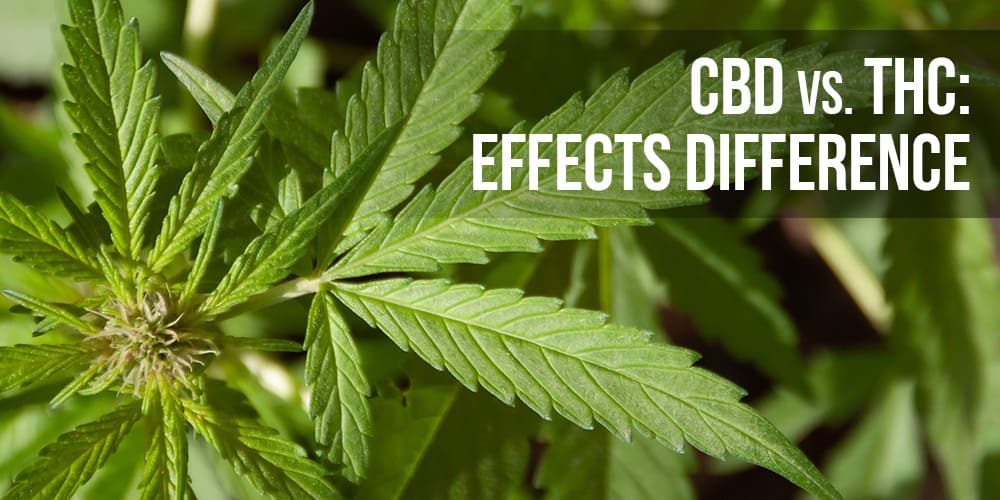
In the ever-evolving world of cannabis and its derivatives, two compounds have consistently sparked the interest of both the medical community and the public: CBD vs THC. These two components, while originating from the same plant, have vastly different properties and effects on the human body, making the conversation around CBD and THC not just relevant but essential for informed usage and legislation.
- Hash vs Weed
- The Difference Between Stoned and High
- Vaping or Smoking THC: 5 Factors to Help You Choose the Right Method
CBD vs THC: A Tale of Two Compounds
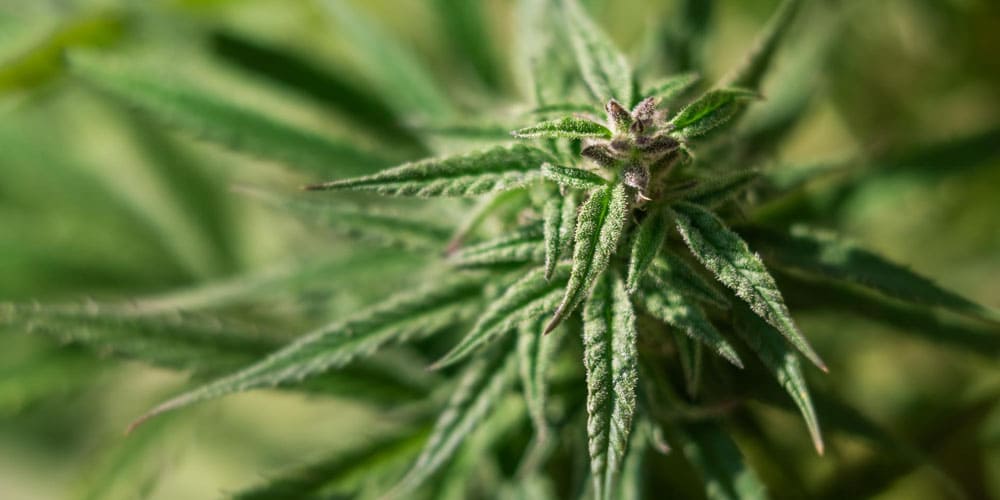
At a molecular level, CBD and THC are similar yet distinct. Both compounds share the same molecular formula, , but differ in the arrangement of their atoms. This subtle difference in their chemical structures significantly influences how they interact with the body’s endocannabinoid system. The ECS is instrumental in regulating various physiological processes, including sleep, mood, appetite, memory, and reproduction, playing a key role in maintaining bodily homeostasis.
THC, or tetrahydrocannabinol, is renowned for its psychoactive properties, the primary cause of the “high” associated with cannabis use. It achieves these effects by binding directly to cannabinoid 1 (CB1) receptors in the brain. This interaction triggers the well-known euphoric and mind-altering experiences that are characteristic of cannabis. THC’s affinity for these receptors in the brain and nervous system is what sets it apart from CBD in terms of its psychoactive impact.
CBD, or cannabidiol, contrasts with THC in its interaction with the ECS. Unlike THC, CBD does not bind directly with CB1 receptors. Instead, it influences the ECS indirectly, often modulating the effects of THC and other cannabinoids. This indirect interaction is why CBD does not produce significant psychoactive effects. CBD has garnered attention for its potential therapeutic benefits, including its anti-inflammatory, analgesic, and anxiolytic properties, making it a compound of interest for both medical research and treatment.
Discover the indulgence of Lemon Cherry Gelato Prerolls Hash Rosin Infused, 1.3g each, infused with Hash Rosin and kief. Savor the tart lemon, ripe cherry, and creamy gelato flavors for a luxurious, relaxing, yet uplifting experience.
The Healing Power of CBD and THC

The therapeutic effects of CBD and THC are a major focus in discussions about their use. THC, or tetrahydrocannabinol, is widely recognized for its effectiveness in alleviating various symptoms. It has proven particularly beneficial in treating conditions such as pain, muscle spasticity, glaucoma, insomnia, and lack of appetite. Its therapeutic potential makes it a valuable component in medical treatments for a range of health issues.
However, THC’s use is also associated with potential side effects. These can include an increased heart rate, coordination problems, dry mouth, red eyes, slower reaction times, and memory loss. These effects are particularly noted when THC is consumed in high doses or over an extended period. This aspect of THC underscores the need for careful consideration and moderation in its use, particularly for medicinal purposes.
In contrast, CBD, or cannabidiol, is celebrated for its extensive range of potential health benefits without the psychoactive effects associated with THC. CBD has been the subject of numerous studies investigating its role in treating a variety of conditions, including epilepsy, inflammation, pain, mental disorders, inflammatory bowel disease, nausea, migraines, depression, and anxiety. Its lack of intoxicating effects makes CBD an appealing option for those seeking therapeutic benefits without the high commonly associated with cannabis use.
CBD vs THC: Navigating the Effects

The effects of CBD and THC on the human body offer a stark contrast that is central to understanding their respective roles within the realm of cannabis consumption. CBD, known for its lack of psychoactive effects, stands out as a compelling choice for individuals seeking therapeutic relief from a variety of conditions. Its appeal is especially pronounced among those who wish to avoid the altered state of consciousness that THC is known for.
This distinction is critical in the burgeoning field of cannabis-based treatments, where CBD’s ability to provide relief from pain, anxiety, and inflammation without psychoactive side effects has captured the attention of both consumers and researchers alike. On the other hand, THC’s psychoactive effects, which are the hallmark of traditional cannabis use, carry a different set of considerations. While these effects are sought after by recreational users for the euphoria and relaxation they can provide, they are not without potential downsides.
Side effects such as short-term memory impairment, altered judgment, and in some cases, anxiety, highlight the need for a careful approach when using THC-dominant products. The psychoactive nature of THC not only influences the user’s immediate experience but can also have implications for tasks that require concentration, motor skills, and decision-making.
Moreover, the individual response to THC can vary widely, adding another layer of complexity to its use. Factors such as a person’s body chemistry, the dose consumed, and the method of consumption can all influence the intensity and duration of its effects. This variability underscores the importance of personalized guidance and moderation in the use of THC-containing products. For those considering cannabis for therapeutic purposes, it is essential to weigh these factors carefully against the potential benefits.
In contrast, CBD’s non-psychoactive properties are often viewed as more accessible and less intimidating for those new to cannabis or seeking its benefits without the psychoactive experience. The growing interest in CBD’s potential for treating a wide array of conditions has led to a surge in research and product development, aiming to harness its therapeutic benefits.
Enjoy the zest of our Strawberry 10 Cannabis-Infused Gummies, each blending sweet, tangy strawberry with uplifting effects. Perfect for an energetic, joyful lift, ideal for creativity and socializing.
CBD vs THC in Everyday Life
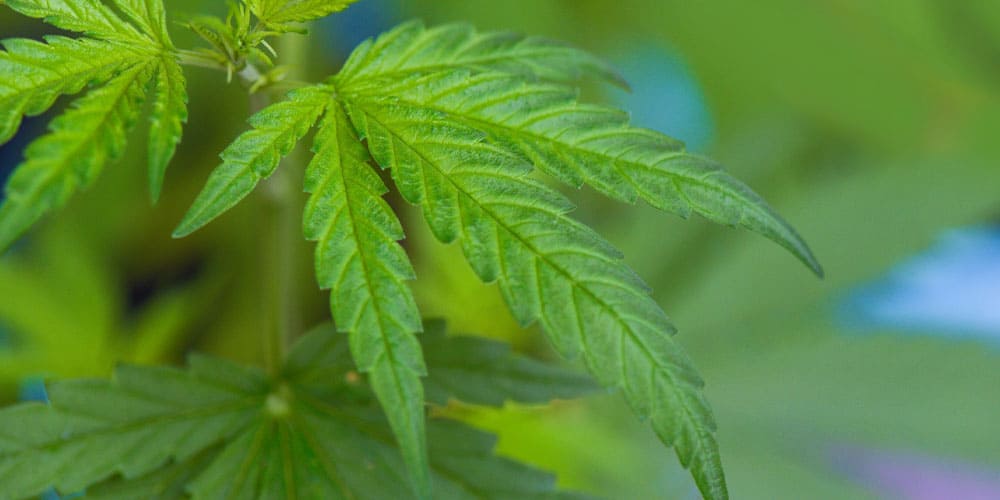
The integration of CBD and THC into everyday life is becoming increasingly common as societal attitudes towards cannabis shift and legal restrictions evolve. The growing acceptance of these compounds has led to their inclusion in a variety of products and formulations. CBD, in particular, has seen a surge in popularity, being incorporated into oils, creams, and edibles. Its non-psychoactive nature makes it a versatile addition to wellness routines, catering to a broad audience seeking natural health solutions.
CBD products are often marketed for their potential to alleviate anxiety, pain, and other health concerns. The appeal of CBD lies in its wide range of purported health benefits combined with the absence of significant psychoactive effects. This has led to its widespread use and acceptance, with products readily available in various forms, catering to different preferences and needs.
THC, while also available in forms similar to CBD such as oils and edibles, faces stricter regulations due to its psychoactive properties. Despite this, THC products are gaining traction in places where they are legally permitted, particularly for their therapeutic benefits. These products are subject to more stringent controls to ensure safe and responsible use, reflecting THC’s distinct effects compared to CBD. The availability of THC in regulated forms marks a significant shift in the perception and acceptance of cannabis-related products.
Delve into the sweet serenity of Watermelon Zkittlez 2 original mini joints, each 0.5 grams. This indica-dominant hybrid offers a relaxing, candy-sweet experience with a rich, fruity aroma.
The Future of CBD and THC

Scientific research into CBD and THC is rapidly expanding, continually deepening our understanding of these complex compounds. Each new study contributes valuable insights, enhancing our knowledge of how CBD and THC affect the human body. This growing body of research is pivotal in unraveling the myriad ways these substances can be used, both therapeutically and recreationally.
Advances in technology and research methodologies are playing a crucial role in this scientific exploration. Modern techniques and equipment are enabling researchers to conduct more comprehensive and precise studies. These advancements are crucial for accurately assessing the effects of CBD and THC, allowing for a more nuanced understanding of their potential health benefits and risks.
These developments in cannabis research are shedding light on the intricate ways in which CBD and THC interact with various biological systems. With each new finding, the potential therapeutic applications of these cannabinoids become clearer, offering hope for a range of medical conditions. This ongoing research is not only contributing to the scientific community but also influencing public perception and policy regarding cannabis use.





